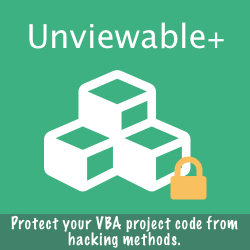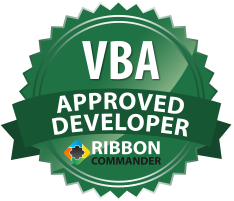Our domain name pays tribute to the pioneer spreadsheet software of the 1980s, which offered 1 sheet only. According to Excel 2010 specifications, the number of sheets in Excel is limited only by the available memory !
To expand your knowledge in Excel and start building awesome workbooks with hundreds of sheets, please get some free learning materials from the links below:
To expand your knowledge in Excel and start building awesome workbooks with hundreds of sheets, please get some free learning materials from the links below:
- Victor's Chan articles and videos at LaunchExcel.com
- Mike's Girvin 1800+ video tutorials at Excel-Is-Fun YouTube channel.
The prevalent theory of adult learning is Andragogy (a Greek word meaning: leading men), as opposed to the better-known pedagogy (the art and science of leading children). Andragogy was developed into a theory of adult education by the late American educator Malcolm Knowles. His theory can be stated with 6 assumptions related to motivation of adult learning:
- Adults need to know the reason for learning something (The need to Know)
- Adults need to be responsible for their decisions on education; involvement in the planning and evaluation of their instruction (Self-concept).
- Experience (including error) provides the basis for learning activities (Foundation).
- Adults are most interested in learning subjects having immediate relevance to their work & personal lives (Readiness).
- Adult learning is problem-centered rather than content-oriented (Orientation).
- Adults respond better to internal versus external motivators (Motivation).
This means that you'll get the best results with adults when they're fully involved in the learning experience. Give an adult an opportunity to practice and work with a new skill and you have a solid foundation for high-quality learning that the person will likely retain over time.
The best way to implement learning principles in MS-Office Excel / VBA training is by using case studies. Case studies are a form of problem-based learning, where you present a situation that needs a resolution. They differ from lectures or assigned readings, because they require participation and deliberate application of a broad range of skills.





